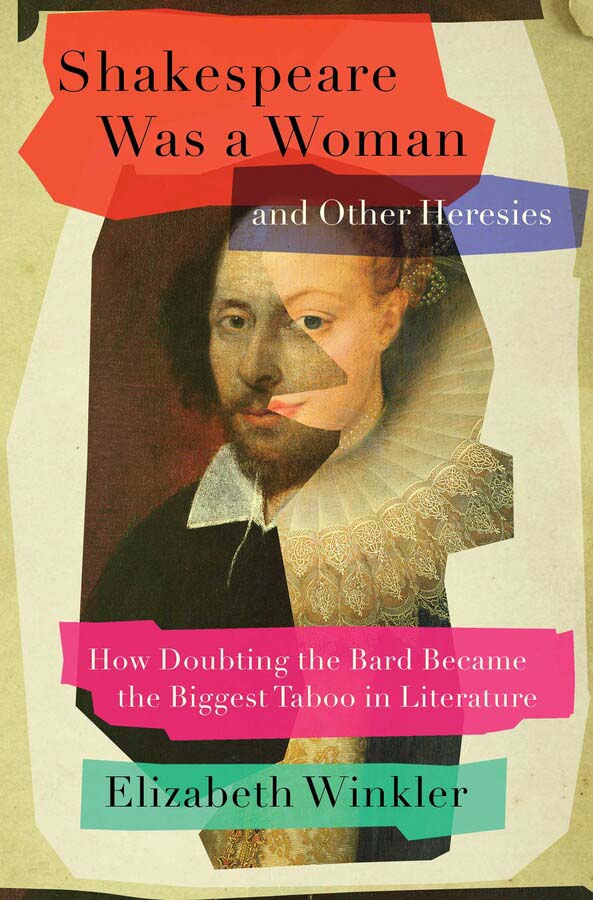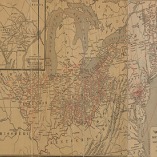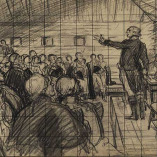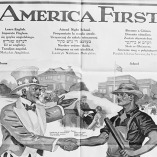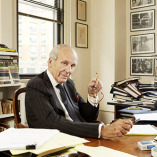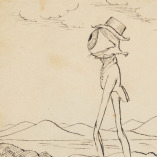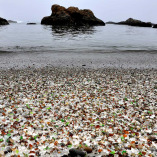
Infant Shakespeare Attended by Nature and the Passions, after George Romney, 1799. The Metropolitan Museum of Art, Elisha Whittelsey Collection, Elisha Whittelsey Fund, 1949.
“Among Shakespeare scholars,” journalist Elizabeth Winkler writes at the beginning of Shakespeare Was a Woman and Other Heresies, “the Shakespeare authorship question—the theory that William Shakespeare might not have written the works published under his name—does not exist; that is, it is not permitted. As a consequence, it has become the most horrible, vexed, unspeakable subject in the history of English literature. In literary circles, even the phrase ‘Shakespeare authorship question’ elicits contempt—eye-rolling, name-calling, mudslinging. If you raise it casually in a social setting, someone might chastise you as though you’ve uttered a deeply offensive profanity. Someone else might get up and leave the room. Tears may be shed. A whip may be produced. You will be punished, which is to say, educated. Because it is obscene to suggest that the god of English literature might be a false god.”
This week on the podcast, Lewis H. Lapham speaks with Elizabeth Winkler, author of Shakespeare Was a Woman and Other Heresies, about the history of the authorship question and the writers and scholars who have clashed over doubting the Bard.
Thanks to our generous donors. Lead support for this podcast has been provided by Elizabeth “Lisette” Prince. Additional support was provided by James J. “Jimmy” Coleman Jr.
